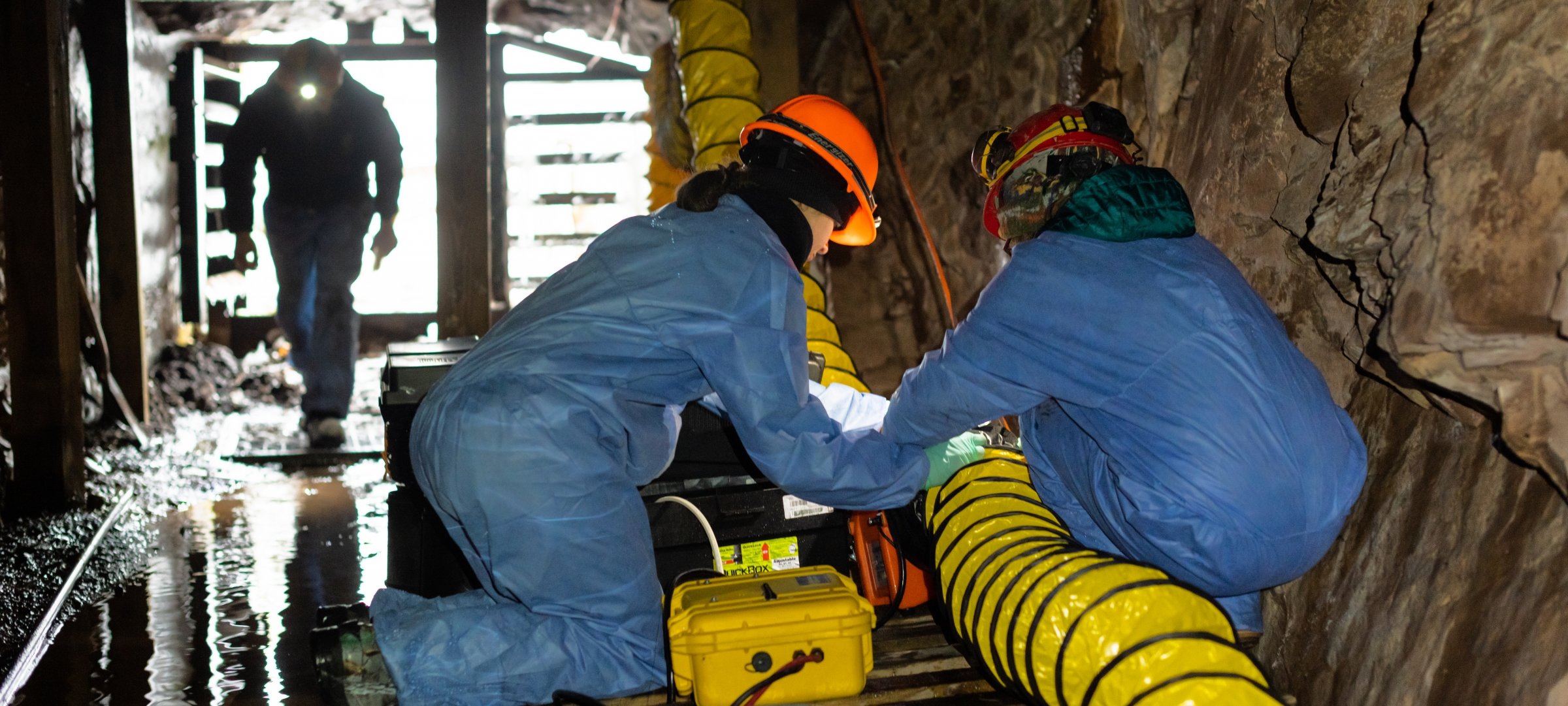Mining is experiencing a resurgence in Michigan's Western Upper Peninsula. New technologies and higher prices for metals are prompting international mining companies to explore for and develop prospects that were previously technologically and economically infeasible. Focus on advancing new technologies and safe and environmentally responsible mining practices. Are you ready?
Our Accelerated Master's Program is available for current Michigan Tech students.
Program Overview
The master's and doctorate in mining engineering program research spans from fundamental and precise laboratory studies of rocks and minerals to field studies in remote and rugged locations to high-performance computing (including machine learning and data visualization). Our researchers help companies extract oil from abandoned or nearly abandoned fields—enhancing US energy independence, study computational fluid dynamics for mine ventilation, model mining-related environmental problems related to groundwater flow and transport of solutes, enhance mine health and safety and much more.
-
Delivery Options
- On-Campus: MS, PhD
- Accelerated: MS
Mining Engineering Program Details
Choose a specific degree option or delivery type to learn more about the mining engineering program at Michigan Tech. For international students, Mining Engineering is a designated STEM program.
On-Campus Programs
Additional Program Information
Want to learn more about mining engineering at Michigan Tech? Visit the department for more information:
Sample Areas of Interest
Select areas of interest to help customize your mining engineering MS or PhD. Sample areas include:
- Mining Engineering
- Geomorphology
- Mineralogy
- Remote Sensing

